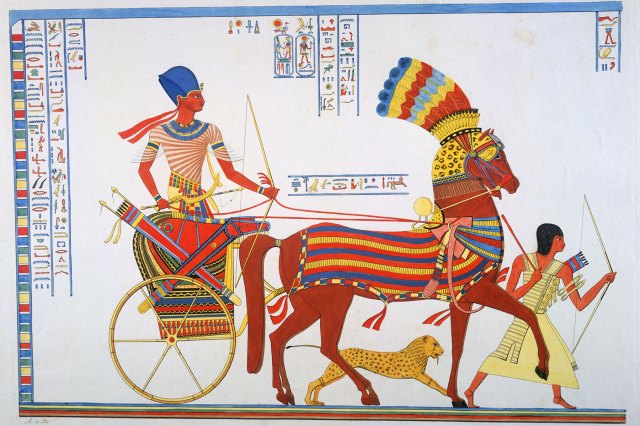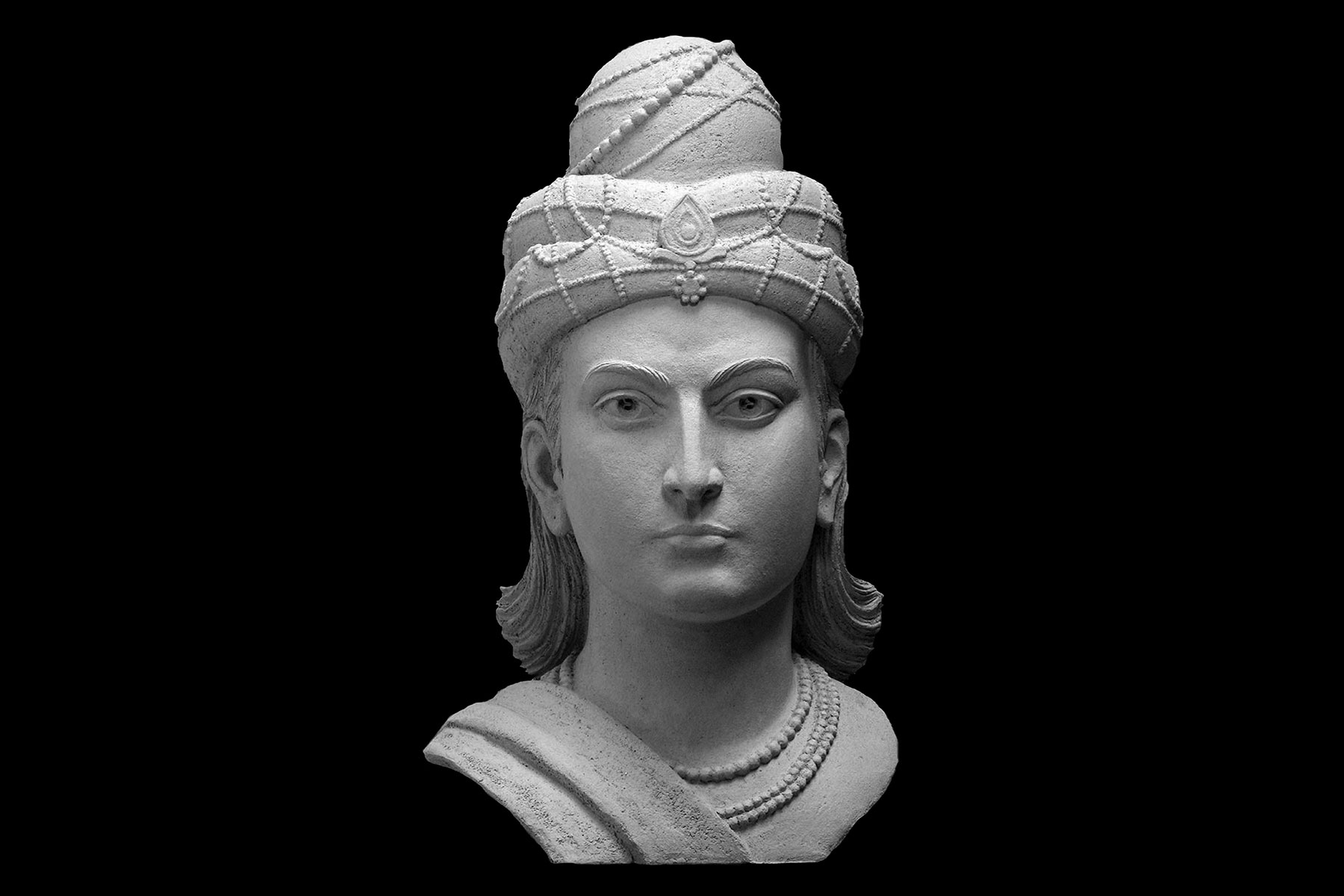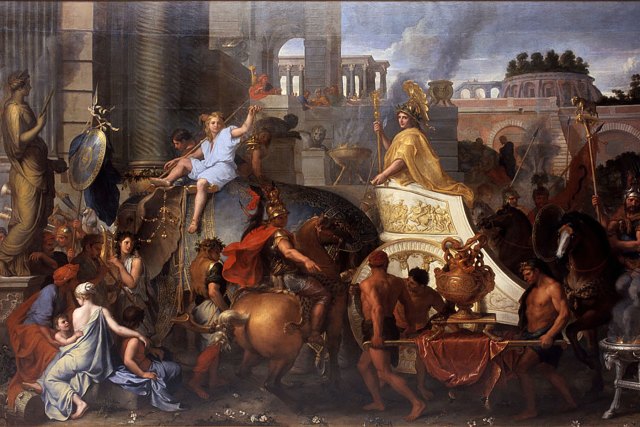The Stories Behind 5 Rulers Dubbed “the Great”
A handful of times in history, a ruler has come to power whose influence was so significant that they became known as “the Great.” This esteemed title is not bestowed upon leaders very often — of all the kings and queens to ever sit on the throne in England, for example, only one, King Alfred the Great, has ever earned the moniker. Indeed, to become known for all of history as “great” tends to require doing something singularly impactful — though not necessarily “good.” While some of these famed rulers presided over periods of peace and prosperity, others were brutal conquerors whose reigns were characterized by war and bloodshed. All of them have complicated legacies, but what ties them together is the sheer magnitude of their impact. Here are five historical rulers — spanning from ancient Egypt to Enlightenment-era Russia — who have managed to earn this rare label.

Ramses the Great Negotiated the Oldest Surviving Peace Treaty
When the Egyptian pharaoh Ramses II launched a military campaign against the Hittites around 1275 BCE, it was as much a matter of pride as it was geopolitical strategy. The Hittites (an ancient people in modern-day Turkey) had invaded northern Egypt for years, including during the reign of Ramses’ father Seti I, when the Hittites regained control of the city of Kadesh (in modern Syria). Ramses was determined to win it back, but though the pharaoh defeated the Hittite army in battle, he wasn’t able to recapture the city. Ultimately, it was Ramses’ knack for diplomacy, not his military prowess, that proved decisive in his relations with the Hittites. Roughly 16 years after his attempt to reconquer Kadesh failed, Ramses negotiated a truce with the Hittites. Codified around 1259 BCE, the agreement is recognized today as the world’s oldest surviving peace treaty.
Among the terms agreed to in the treaty was a nonaggression pact between the Hittites and Egyptians, as well as a pledge between the two empires to come to each other’s aid in future military conflicts. Ramses helped reinforce this new alliance by marrying a Hittite princess, Maathorneferure, several years later, further strengthening the bond between the two cultures. Thanks to the treaty with the Hittites, the Egyptian leader was able to neutralize a growing military threat and secure a powerful new ally all at once. This early peace helped lay the groundwork for his long and prosperous reign, which lasted from 1279 to 1213 BCE and was characterized by economic prosperity and the construction of many dazzling temples and monuments — more than those completed under any other pharaoh in history.





















